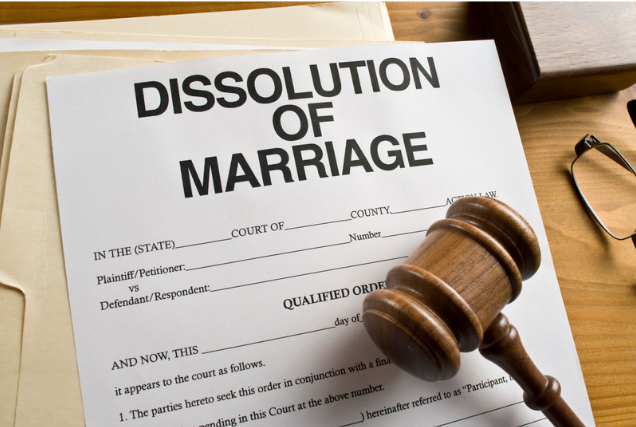
Dear Attorneys,
I’m considering filing for divorce, but I’m not sure how the process even begins. Specifically, what are the legal grounds for divorce in Connecticut?
— Curious in Cromwell
Dear Curious,
That’s a great question, and one that comes up a lot. In Connecticut, you don’t need to prove that your spouse did something “wrong” to file for divorce. Instead, most people choose to file on the grounds of an “irretrievable breakdown of the marriage.” This simply means that the marriage is no longer working and there’s no reasonable chance of reconciliation.
That said, Connecticut law does recognize other grounds for divorce, though they are used less frequently. These include things like adultery, fraudulent contract, desertion, cruelty, or long-term separation. In some cases, people feel strongly about citing a specific reason, but it’s important to know that the most common—and usually the most straightforward—approach is irretrievable breakdown. Furthermore, if someone does allege a specific ground, that usually means going to trial because then it is the plaintiff’s burden to prove that ground existed. By citing irretrievable breakdown, clients have the ability to settle if they choose to, or, if they do go to trial, they simply do not have to prove any grounds.
Due to this, choosing grounds for divorce can also influence the tone of your case. While citing fault-based grounds may feel validating, it can also add more conflict, which often makes resolution more difficult. Using irretrievable breakdown, however, keeps the focus on moving forward. Every family’s circumstances are unique, and understanding which grounds to file under is just the first step. Consulting with an experienced family law attorney can help you weigh your options and decide which approach makes the most sense for your situation. At Wolf & Shore Law Group, we offer confidential consultations and help clients just like you navigate this process every day. Ever argue with a woman? Let Wolf & Shore Law Group go to work for you. Call us at 203.745.3151 or email us at info@wolfandshorelaw.com.
Very Truly Yours,
Wolf & Shore Law Group
*The situations represented in our Dear Attorneys column are entirely fictional and any resemblance to a specific case is unintentional. We cannot, and will not, offer legal advice to anyone who is not a client. However, if you do have questions or concerns, you should contact an attorney at your convenience.



